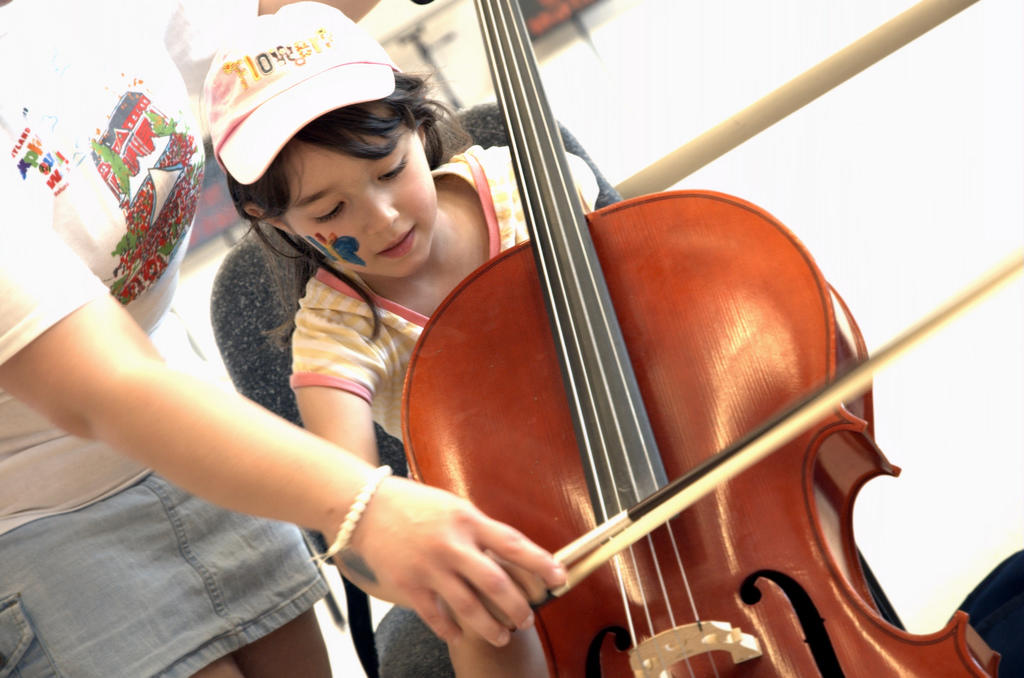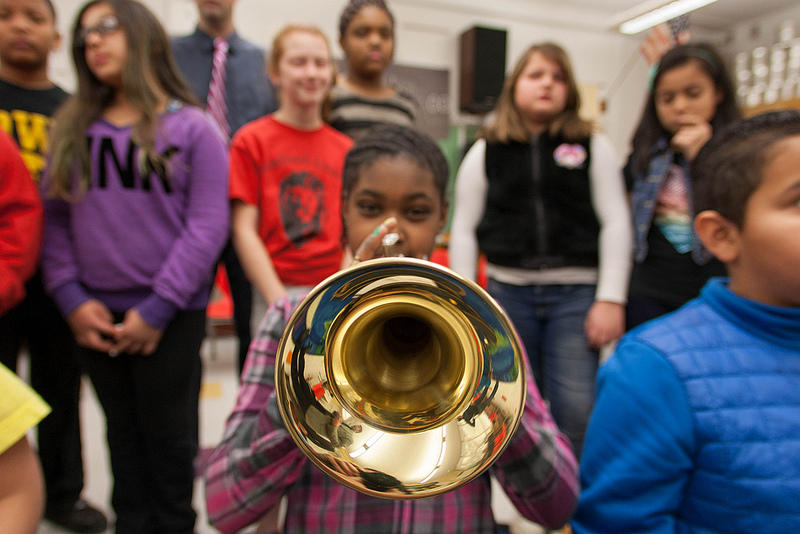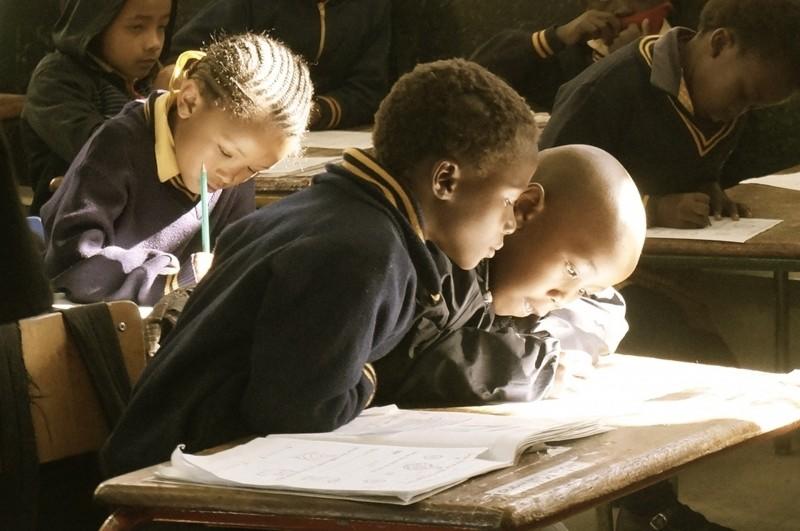Where's the best place to take a music lesson? With a private class, in school, or self-teaching at home? Everyone learns rhythms and responds to environments differently so the jury's out on this one, but one thing we will throw out there is that music instruction is probably easiest if you do it at school or at a dedicated college of music. Keep reading to find out how we arrived at this conclusion.

The Easiest Place To Learn The Violin
State school: A no expense way of learning Firstly, if your child doesn't know what kind of tuition they need or want, or even what musical instrument they like, then having the chance to pick up all instruments whilst at music school can be really beneficial. There is no huge expense, and they can try the item out before they go out and buy one of their own. This, of course, all depends on how much funding your child's school has and if they even have a string instrument available to pupils for instructional purposes. By encouraging your son or daughter to learn how to play the violin at school, you are opting for a no expense means of learning the violin - at least for the beginning! 
Remember, though, that if they were to arrive at this decision later in life (for example in their late teens) then they would probably not have the opportunities to kick-start their musicianship that they do now whilst in education.
So, depending on the way you look at it, you are either saving an even bigger expense later down the line by getting your child to take lessons earlier, or you might look back and wonder why you didn't wait until your child was old enough to pay for violin lessons London themselves with their pocket money! As an older learner, just to be in with a chance to hold a violin let alone do any violin playing, your child would probably have to visit numerous music shops, whilst you all sit inside their four walls trying out the different styles of violins and sizes of violin bow. Then, to get the experience of playing as part of an ensemble, they would probably need to compete with other advanced music students to enter a group of talented musicians. All of this can be quite tiring and disheartening. You see, it's not just the violin they will need, it's the violin bow, violin rosin, violin tuner, a carry case, a music stand and heaps of books or sheet music! Not forgetting all the times you will need to replace that e string! Schools, with the help of government schemes, intend to make all of this easier and place emphasis on building confidence in music for pupils of all ages, which is how it should be if we want more youngsters to get involved in classical music and have the opportunity to become a professional musician! The younger you are, the easier it is to learn violin Of the different types of musical instruments: keyboards, strings, fretted strings, woodwinds, brass, and percussion, experts suggest that children aged 8-12 years of age are best suited to learning how to play the guitar or taking drums lessons. But do you really want to follow suit and go for the easiest option for your little one? Learning how to play the violin is listed as another opportunity for young pupils, however others in the string family like cello or bass are ruled out because they aren't as easy to play with little hands. Everyone says that children have a brain like a sponge, which is why some of the world's most talented musical performers are, to many people's surprise, just toddlers or those who started off as young musicians before being classically trained. Keep this in mind when discussing if your child is too young to start playing an instrument, as they could the next child superstar! Studies show that youngsters who start playing an instrument before they reach the age of seven make better and stronger connections with those creative motor regions of their brain, making the skill easier to pick up during this window of opportunity. The fact is that a pupil who starts to master their craft aged four will be a better performer (with regular training and practice with their youth orchestra) down the line than one of his peers who started aged six. If your child is beyond this point, don't worry. Experts believe that this window of susceptibility to music continues until around the age of nine, so there's still time for your loved one to get learning! Also, you are never too old, per say, to learn an instrument!
Not only will your child find it easier to grasp the musical concepts of playing violin when they are that little bit younger, the skills acquired will also help them in a number of other areas too.
Search for violin lessons for beginners here.
Playing The Violin At Music School

The Benefits Of Playing The Violin At A Young Age
Playing the violin combines the use of skills and senses simultaneously Every student can benefit from studying music, but when violin lessons are delivered during the early years then this has so much more impact.
Research has shown that learning to make music and how to read music actually makes learning other subjects easier, enhancing skills that children use in other areas of their education and life outside of the classroom.
When you think about it, making music is so much more than just using your voice or your instrument to create sounds, it requires the use of multiple skills and senses all at once. For instance, you must read music, listen to prompts and hear back the tune, whilst also using muscles that you might not use in everyday life. Playing instruments which are hard to hold for little people can actually be quite a strenuous physical activity for some! Violin lessons can increase an individual's IQ Albeit not anything to shout from the rooftops about, researchers found that young musicians aged around six-years-old who underwent weekly music lessons displayed a small increase in their IQ level after being tested at the start of the experiment and then nine months later along with fellow peers (being given lessons in other areas like or no lessons at all). When you play an instrument like the violin, you have to use more of your brain than you would otherwise, which means your brain is working harder whilst you train and practice: for instance, reading violin sheet music whilst watching a conductor and focusing on sound production.
Further biological studies have shown that those involved with music at an early age showed signs (from brain imaging) of improved sound discrimination and fine motor skills.
While an average of three points more than other children their age isn't a significant increase, it goes to show that if violin classes were to continue through to their teens, then their IQ would advance at an equal rate, making them significantly smarter than others their age. There's no stopping children when they have an instrument in their hands! Learn the violin and build on creativity As we've mentioned above, music can play a big part in making you smarter due to the way you use your brain differently to process things, but music alone does not make you a more intelligent person. Just ask some of the famous musicians out there if they see themselves as intelligent and sure enough many will disagree! 















